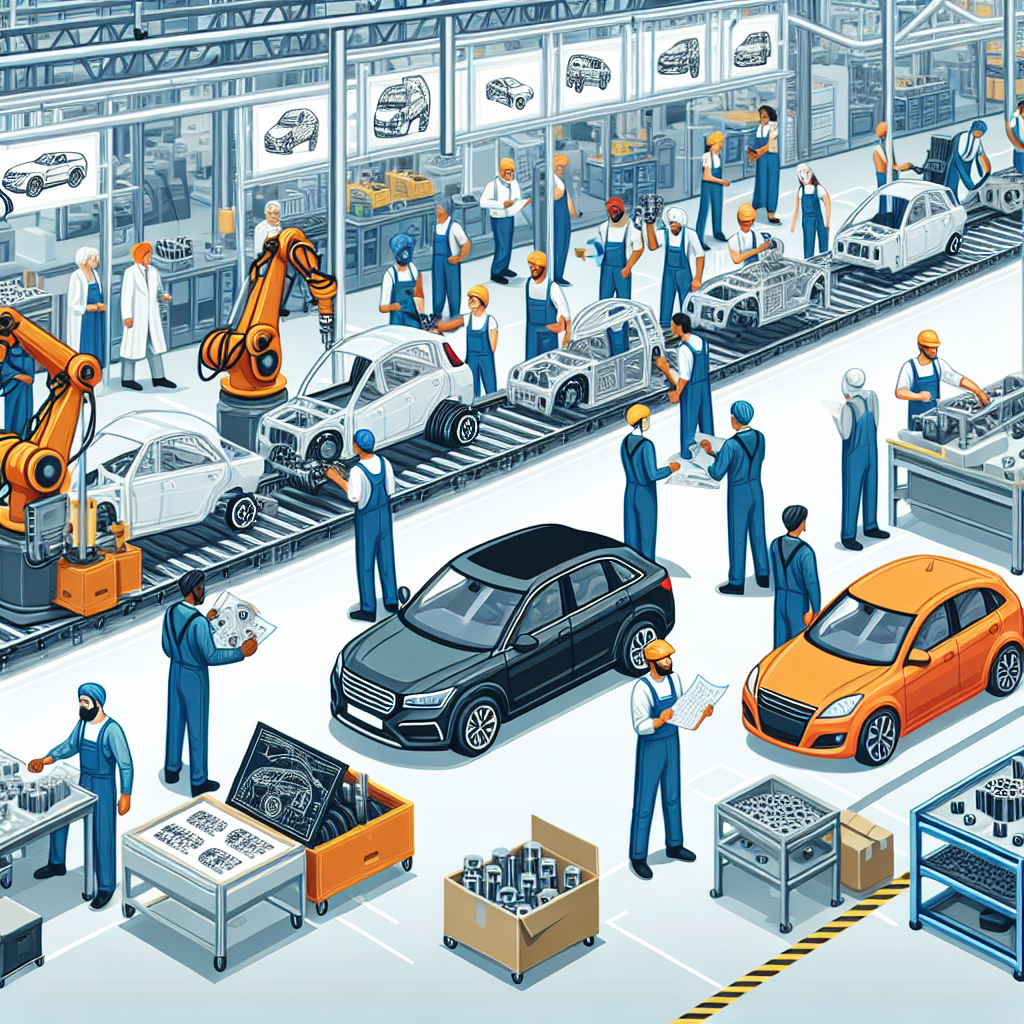China's Investment Freeze: A New Tactic in EU Tariff Dispute
China has instructed its automakers to halt major investments in EU countries that supported new tariffs on Chinese electric vehicles. This directive follows the institution of EU tariffs up to 45.3% on Chinese EVs, with China encouraging investment in nations that opposed the tariffs.

- Country:
- China
In a significant escalation of trade tensions, China has reportedly told its automakers to halt substantial investments in European countries that endorse new tariffs on Chinese-manufactured electric vehicles. This development emerged after the European Union officially implemented tariffs reaching 45.3% following a year-long investigation. The decision has further fractured EU unity, as ten members, including major players such as France, Poland, and Italy, voted in support, while nations including Germany opposed the tariffs, with twelve members abstaining from the vote.
China's Ministry of Commerce convened a meeting on October 10, advising leading automakers like BYD, SAIC, and Geely to pause heavy investment projects in countries backing the new tariffs. Meanwhile, these companies were encouraged to channel their investment efforts towards countries that either abstained or opposed the tariff vote. The meeting, attended by numerous foreign automakers, remained undisclosed to the public.
While Geely offered no comment, SAIC and BYD were unreachable for responses. Italy and France, despite courting Chinese investments, have expressed concerns over the potential inundation of their markets with Chinese electric vehicles. This move underscores an ongoing strategy by China to unite its automakers, urging them to conduct collective investment discussions with European governments, reducing isolated negotiations.
(With inputs from agencies.)
ALSO READ
Disappointing Beijing Stimulus Sends Hong Kong Stocks Plummeting
Indonesia Stands Firm on Sovereignty Amidst South China Sea Deal with Beijing
Youthful Shift: The Rise in Direct Stock Investment Among Young Indians
Limpopo Secures R120 Billion in Investment Pledges to Fuel Job Creation and Sustainable Development
Finance Minister Nirmala Sitharaman Engages with AIIB for Strategic Investments in India










